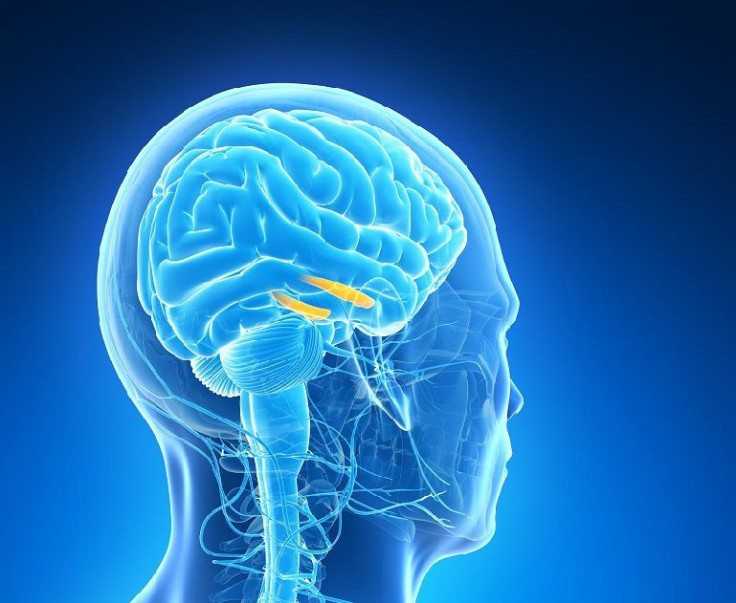Your Brain Clock, The Hippocampus, Helps You Form Some, But Not All, Long Term Memories

Where exactly is memory located in the brain? In their attempt to answer this question, a team of researchers from UC Irvine discovered the important role played by the hippocampus in remembering how long ago events occurred. Though the hippocampus is essential to memory, the researchers also discovered that it only functions within a very particular bandwidth.
“Episodic memory includes information about how long ago specific events occurred,” the researchers wrote in their study. “The discovery of timing signals in hippocampal neurons, including evidence of ‘time cells’ and of gradual changes in ensemble activity over long timescales, strongly suggests that the hippocampus is important for this capacity.”
Not All Durations of Time
The researchers designed an unusual experiment using rat “participants” to test their hypothesis that the hippocampus is critical for keeping track of elapsed time over several minutes. First, the team trained a group of rats to discriminate between different time intervals, rewarding them whenever they indicated they understood how much time had passed. After the researchers determined the rats had a robust ability to remember durations on a timescale of several minutes, the team injected a chemical (fluorophore-conjugated muscimol, a GABAA agonist) into some of the rats to disable the hippocampus. Each rat with an inactive hippocampus was able to tell the difference between vastly different time intervals, such as two minutes versus 10 minutes, just as well as the non-disabled rats.
Yet, unlike the fully-functioning rats, those with an inactive hippocampus performed no better than chance at detecting differences between similar time periods (such as seven minutes versus 10 minutes). At other time scales, though, the rats functioned normally or even better than normal.
“We found that the hippocampus was essential for discriminating smaller, but not larger, temporal differences (measured in log units), consistent with a role in temporal pattern separation,” the authors wrote. “Importantly, this effect was observed at long (minutes) but not short (seconds) timescales, suggesting an interplay of temporal resolution and timescale in determining hippocampal dependence.” The researchers concluded that the hippocampus plays a critical role in remembering how long ago events occurred but only within a very particular timeframe; they hypothesized other regions of the brain, like bookends, must be taking over and determining the passage of time on either side — longer intervals (a time difference of hours or more) and much shorter intervals (a time difference of seconds).
The Hippocampus
In Greek, “hippocampus” means seahorse due to its similarity in shape. There are actually two hippocampus structures in the human brain, one located on each side of the brain under the cerebral cortex. Tellingly, the hippocampus is one of the first regions of the brain to become damaged in patients with Alzheimer’s disease, a progressive brain disease that causes a decline in cognitive skills, including memory. Despite this obvious link to memory, scientists are not entirely certain about the roles the hippocampus may play in memory formation or retrieval. The hippocampus has also been theorized to be responsible for inhibition and spatial memory.
Scientists place the hippocampus within the limbic system, which includes the amygdala, septal nuclei, cingulate cortex, entorhinal cortex, perirhinal cortex, and parahippocampal cortex. Some scientists also include parts of the hypothalamus, thalamus, midbrain reticular formation, and olfactory areas in the limbic system. Scientists believe the limbic system supports the emotional life as well as behavior, motivation, olfaction, and long-term memory, particularly memory formation. Hippocampal atrophy in patients with Alzheimer's disease is generally caused by deposition of the tau protein, formation of neurofibrillary tangles, and accumulation of beta-amyloid (plaques). Yet, scientists believe other factors, including hypertension, diabetes mellitus, and stress, may also help cause this atrophy.
Source: Jacobs NS, Allen TA, Nguyen N, Fortin NJ. Critical Role of the Hippocampus in Memory for Elapsed Time. The Journal of Neuroscience. 2013.



























